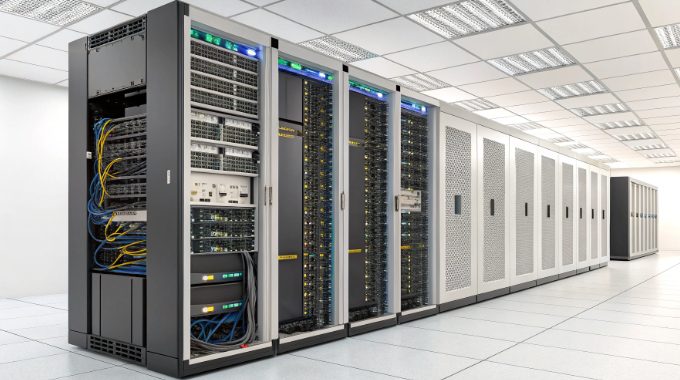How Japan CN2 Integration Enhances GPU Hosting Stability

When it comes to GPU hosting, stability is paramount. High-performance workloads like artificial intelligence training, video rendering, and big data analytics demand a stable and high-speed network. This is where Japan’s CN2 tri-network integration comes into play. By leveraging the intelligent routing and optimized connectivity of CN2, GPU hosting can achieve unprecedented levels of stability and performance. Let’s dive into the technical details of how CN2 tri-network integration makes this possible.
What Is CN2 Tri-Network Integration?
CN2, short for “ChinaNet Next Carrier Network,” is a high-performance networking solution that connects China Telecom’s backbone network with other major carriers. Tri-network integration refers to the seamless interoperability of three major networks: China Telecom, China Unicom, and China Mobile. This integration ensures optimized routing, reduced packet loss, and enhanced redundancy.
- Low Latency: CN2 prioritizes direct routes to minimize latency, especially for cross-border connections.
- High Bandwidth: The architecture supports massive data transfer, ideal for GPU-intensive applications.
- Redundancy: Built-in failover mechanisms ensure uninterrupted service during outages.
Why GPU Hosting Requires Robust Network Stability
GPU hosting underpins compute-heavy workloads that rely on real-time data processing. A stable network is critical for these reasons:
- Latency Sensitivity: AI training and rendering tasks require minimal delays to maintain efficiency.
- High Data Transfer Needs: GPU workloads involve the transfer of large datasets, which demands consistent bandwidth.
- Continuous Uptime: Any network interruption can disrupt long-running tasks, leading to wasted time and resources.
How Japan CN2 Enhances GPU Hosting Stability
Japan’s CN2 tri-network integration plays a pivotal role in improving GPU hosting environments. Here’s how:
Low Latency for Real-Time Applications
CN2’s intelligent routing ensures that data packets take the fastest and most efficient paths. For GPU hosting users, this translates to:
- Faster AI model training with reduced iteration times.
- Smoother video rendering without delays or stuttering.
- Improved user experience for latency-sensitive applications like VR and gaming.
Enhanced Redundancy for Maximum Availability
Tri-network integration includes multiple redundant routes. If one path experiences issues, traffic is rerouted automatically, ensuring uninterrupted service. For GPU colocation or hosting setups, this means:
- Reduced risk of downtime during critical tasks.
- Higher reliability for 24/7 operations like AI inference or blockchain computations.
Optimized Bandwidth for High Data Volumes
GPU workloads, especially in AI and rendering, rely on transmitting large volumes of data. CN2’s high bandwidth ensures:
- Faster upload and download speeds for massive datasets.
- Efficient handling of concurrent tasks, even under heavy loads.
- Scalability for enterprise-grade GPU hosting needs.
Real-World Applications of Japan CN2 in GPU Hosting
To better understand CN2’s impact, let’s explore a few real-world scenarios:
- AI Model Training: A research team running deep learning models observes a 30% reduction in training time due to low latency and high bandwidth.
- Video Rendering: A production company experiences smoother rendering workflows with no interruptions, even during peak hours.
- Global Gaming Servers: A gaming platform achieves seamless cross-region connectivity with consistent performance, thanks to CN2’s optimized routing.
Choosing the Right GPU Hosting with CN2
When selecting a GPU hosting solution, it’s essential to consider the following:
- Network Infrastructure: Ensure the hosting provider leverages CN2 tri-network integration for maximum stability.
- Hardware Specifications: Choose GPUs that meet your workload requirements, whether it’s AI, rendering, or analytics.
- Support Services: Opt for providers with robust technical support and monitoring tools to ensure smooth operations.
Conclusion
Japan’s CN2 tri-network integration is a game-changer for GPU hosting. By ensuring low latency, high availability, and optimized bandwidth, it addresses the critical challenges faced by GPU-intensive workloads. Whether you’re training AI models, rendering high-resolution videos, or running global applications, leveraging CN2 can significantly enhance your server’s stability and performance. For tech professionals seeking reliable hosting or colocation solutions, Japan CN2 is undoubtedly worth considering.
When it comes to GPU hosting, stability is no longer an option—it’s a necessity. By adopting Japan CN2’s advanced tri-network integration, you can future-proof your infrastructure and unlock the full potential of your GPU servers.

